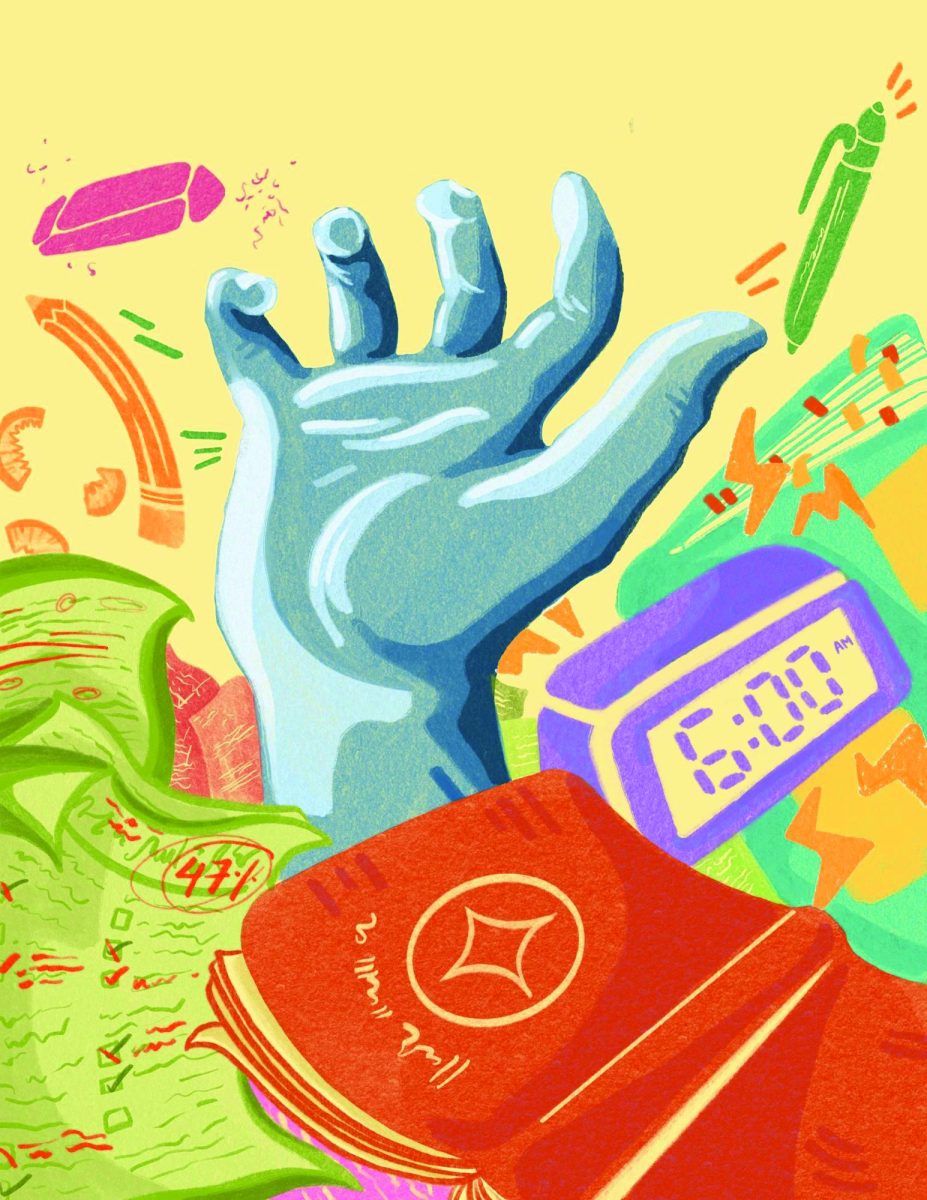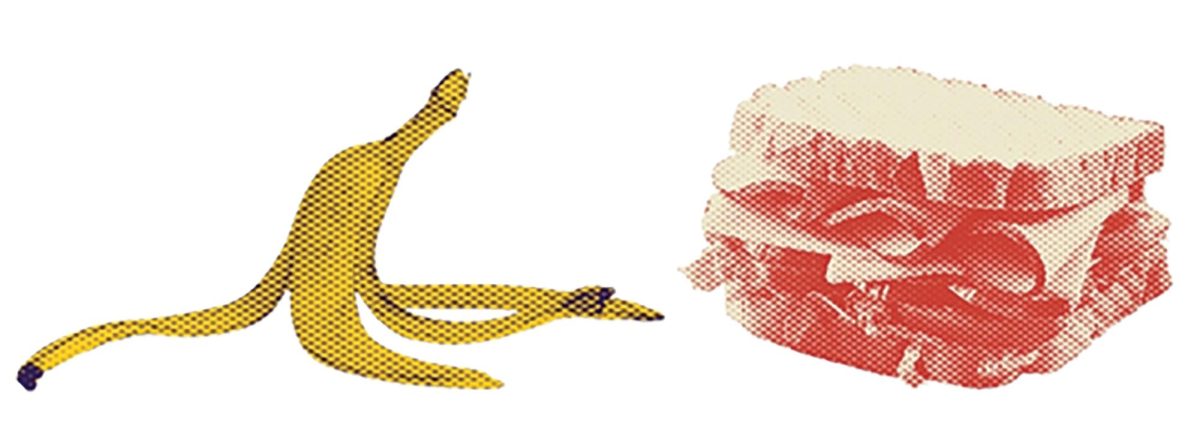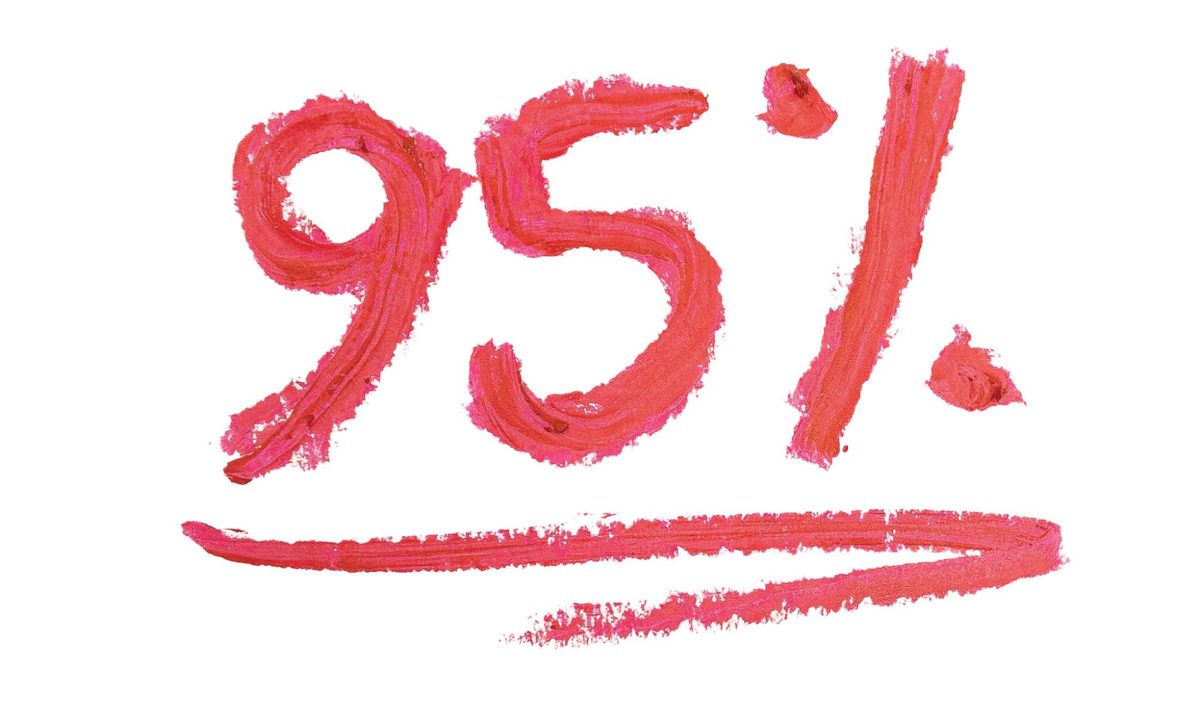Many students experience short periods where they feel down or unlike their usual selves. These mood shifts coincide with the changes in the seasons, particularly when the days get shorter and colder in the fall and winter. However, these changes can sometimes be more than just passing feelings, and may affect how a person thinks, feels, and behaves. If you or someone you know has noticed significant changes in mood and behavior when the seasons change, it might be a symptom of Seasonal Affective Disorder (SAD).
SAD can be a difficult disorder to manage. According to the National Institute of Mental Health, symptoms typically start in the late fall or early winter and end during the spring and summer. This is known as winter-pattern SAD or winter depression. It is a type of depression that is characterized by a recurrent seasonal pattern, with symptoms usually lasting four to five months each year.
The NIMH estimates that millions of Americans experience SAD, but many may not realize they have it. This disorder often begins in young adulthood, typically affecting high school and college students. It also occurs more frequently in women than in men.
Seasonal Affective Disorder can be a cause for concern, but it can also be effectively managed with the right approach.
“During my time working within college mental health counseling centers, I have had students seek mental health support to address their seasonal pattern of depression,” said CSUN staff counselor, Dr. Abram D. Milton.
“Within our CSUN population, for many students, the Fall semester has so much transition going on that someone dealing with seasonal depression could possibly struggle with the heavy class workload, adjusting to their major, and adjusting to the many different life events that occur as a result from their college experience,” said Milton.
Dr. Milton strongly urges students to utilize University Counseling Services (UCS) as soon as possible for support.
“We have individual and group therapy. More importantly, we have workshops, such as the workshop called ‘Getting Unstuck’, which is a brief workshop that teaches psychoeducational skills related to dealing with the symptoms of depression,” said Milton.
There are a lot of anticipatory steps students can take to help mitigate the chances of developing mood disorders. He explained that identifying thought patterns linked to depressed feelings, getting consistent physical activity, proper sleep and nutrition and maintaining social connections are key strategies.
Anxiety from midterms and exams can be a significant issue for students. It’s important to focus on mental well-being and build healthy coping strategies. Similarly to SAD, exam and midterm anxiety can be treated and in some cases, prevented.
“Many of the techniques I mentioned earlier can also help with anxiety and stress. A few additional considerations are to realize that stress is a normal process we all experience. Stress can help us focus and complete challenging tasks,” said Milton. ”It is when stress becomes distress or generalized anxiety that a student finds that it is a struggle to control the feeling and may need support at UCS. Students can always check out our resources on our UCS website or come to our anxiety reduction workshop called ‘Anxiety Toolbox’ to learn skills to reduce anxiety.”
Finally, Dr. Milton stressed the importance of responsible substance use, in hopes students never develop reliances or addictions.
“If they feel that their substance use is affecting their everyday life and they want help, we have a mental health specialist at UCS who specializes in supporting students dealing with addiction. When dealing with excessive substance use, or if the student feels they are dealing with an addiction, it is a good idea to work with a mental health professional who specializes in helping the student identify triggers that increase use,” said Milton.
The UCS office is open Monday through Friday from 8 a.m. to 5 p.m. Students can call the office at 818-677-2366 or visit room 520 on 5th floor of Bayramian Hall to schedule a telephone screening. There is also an after hours crisis line available at 818-677-2366.









